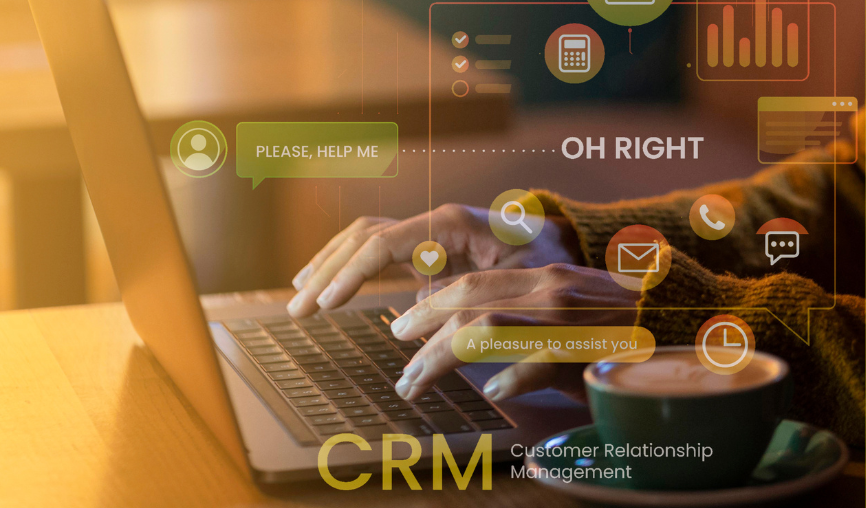The right Customer Relationship Management (CRM) software can streamline your processes, enhance client interactions, and ultimately drive sales. However, choosing the perfect real estate CRM software isn’t a decision to be taken lightly. Here are some essential factors to consider before making your choice.
1. Understand Your Needs
Before diving into the countless options available, it’s crucial to understand your specific requirements. Consider the size of your business, the volume of clients, and the nature of your operations. Are you looking for basic functionalities like contact management and task scheduling, or do you need advanced features like analytics and reporting?
2. Integration Capabilities
A CRM system should seamlessly integrate with your existing tools and software. Whether you use email marketing platforms, accounting software, or other real estate tools, the CRM should support these integrations to avoid data silos and enhance workflow efficiency.
3. User-Friendly Interface
The success of any software lies in its usability. A CRM with a complicated interface can lead to low adoption rates among your team. Look for a system with an intuitive and user-friendly design. It should offer easy navigation, clear instructions, and quick access to essential features.
4. Customization Options
Every real estate business operates differently. Hence, the CRM software should offer customization options to adapt to your specific workflow. This includes customizable dashboards, fields, and reports. The ability to modify the CRM to suit your needs can significantly enhance its effectiveness.
5. Mobile Accessibility
In the real estate industry, agents often work on the go. Therefore, having a CRM that offers mobile accessibility is crucial. It allows your team to access client information, update records, and manage tasks from anywhere, ensuring they stay productive even when they are out of the office.
6. Security Features
Handling sensitive client information requires robust security measures. Ensure that the CRM software you choose complies with industry standards for data protection and offers features like data encryption, user authentication, and regular security updates.
7. Scalability
As your business grows, your CRM needs will evolve. It’s essential to choose a CRM solution that can scale with your business. This includes the ability to add more users, handle increased data volume, and incorporate additional functionalities as needed.
8. Customer Support
Reliable customer support is vital for addressing any issues that may arise with your CRM software. Look for a provider that offers comprehensive support, including live chat, phone support, and a robust knowledge base. Good customer support can minimize downtime and ensure that your CRM system runs smoothly.
9. Cost
Finally, consider the cost of the CRM software. While it’s tempting to go for the cheapest option, it’s important to weigh the features and benefits against the price. Consider the total cost of ownership, including subscription fees, customization costs, and any additional expenses for training and support.
Conclusion
Choosing the right real estate CRM software involves careful consideration of your specific needs, integration capabilities, usability, customization options, and more. By investing time in evaluating these factors, you can select a CRM system that enhances your business operations and drives growth.












